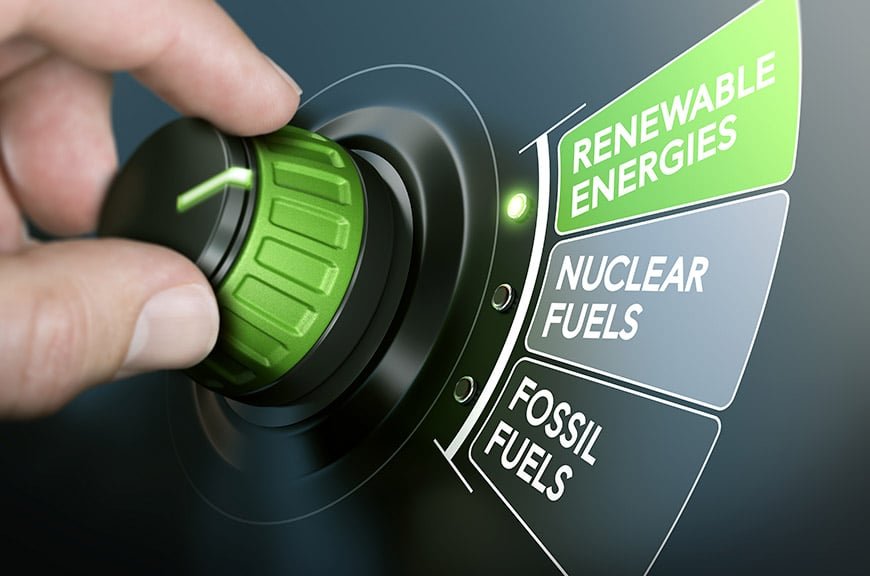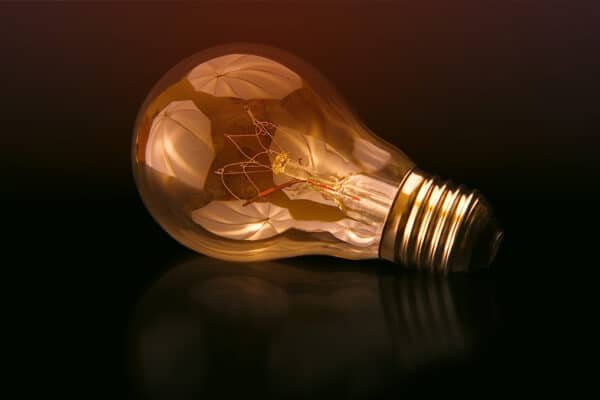The possibilities of leasing in the energy transition and the circular economy: time for a revision of Dutch property law?
The importance of the energy transition in achieving the climate goals of the Paris Agreement is enormous. According to the International Energy Agency IRENA, such a transition, together with an improvement in energy efficiency, can lead to a 90% reduction in the desired CO2 emissions. In addition to this switch to green energy, the transition to a circular economy can also play an important role. This is recognised by the EU in their ‘Action Plan Circular Economy’ published in 2020. However, the question is whether the energy transition and circular economy should be seen as two separate pillars in the climate transition. Leasing electrical equipment (such as heat pumps, electric boilers or solar panels) could in fact contribute to both. On the one hand, because it becomes possible for parties with limited financial resources to acquire such equipment. Instead of a large initial investment, the costs are spread, and it is also possible to have the product maintained by the lessor. On the other hand, because the revenue model of leasing is based on the long life of a product rather than the one-time sale. To ensure a long life, the lessor has an incentive to provide good quality products that are easier to repair or reuse.
Loss of ownership by accession
The question is, however, whether Dutch property law makes the lease an attractive option, because it is extremely important for the attractiveness that the lessor retains his ownership rights when these items are installed at the lessee’s premises. In Dutch property law, such a loss of ownership may occur through the creation of a component or through accession (Article 5:20 of the Civil Code). For the first, it is important (i) whether the item can be removed without causing damage to one of the items and (ii) whether the item has become a constituent element of the other item according to the concept of traffic. With the second, the criterion of the accession to the land and its buildings is explained in the well-known Portacabin judgment, namely durable association with the land. This must be judged according to objective criteria, where the intention of the builder only plays a role if it can be perceived by third parties.
When this is applied to the lease of electrical equipment, it can generally be assumed that here too, often on the grounds of Section 5:20 of the Dutch Civil Code, loss of ownership will occur if the equipment is installed on the lessee’s land. After all, the equipment is often fixed to the ground or to a building in a durable manner and connected to the electricity network, which in the Portacabin judgment also led to a durable association with the land. This criterion remains to be leading if the items can be easily removed, because it is important that it is objectively perceptible whether there is one item or several separate components. Therefore, the temporary nature of the connection that follows from the lease contract will not be of much help either. This is because it is not known to third parties and will therefore not be included in the assessment.
Establishment of building rights necessary
The loss of ownership can be prevented by establishing a right of superficies. This right, laid down in Article 5:101 of the Dutch Civil Code, ensures that ownership of buildings and works can be retained in, on or above the property of another. However, it is doubtful whether this solution will keep the lease of electrical equipment an attractive option. Firstly, because each time a lease (or the extension thereof) is made, it is necessary to go to the notary, because this right must be registered in the public registers with a notarial deed. This increases transaction costs considerably. In addition, permission is required from the owner(s) of the land. Not every landowner will want to establish a right of superficies on his or her property. Additionally, even those with limited rights, such as the mortgage holder, must be asked whether they agree. Furthermore, there is still some uncertainty regarding the possibilities of establishing a right of superficies for certain goods. For example, it has not so far been established whether a building lease right can be established for integrated solar panels. This can result in additional legal costs later on.
Review of property law
All in all, it seems that the leasing of electrical equipment is becoming less attractive because in most cases it is necessary to establish a building lease. This is not in line with the EU’s intention in the Circular Economy Action Plan to make product-as-a-service initiatives (such as leasing) more attractive. In the interest of the energy transition and the circular economy, a revision of property law is therefore desirable. It is questionable whether property law as it currently applies is still very relevant in a circular economy. Instead of linear property, this would focus on a renewed way of producing, in which cooperation and sustainability are paramount. The rationale behind the current rules of accession, namely that it must be clear to third parties who owns the property and that a unit has more value than an individual component, is therefore less fundamental in a circular economy. With that in mind, it would be justified to give more weight to the lessor’s interests. An exception to accession in the case of the temporary presence of goods in the event of a lease, or a right of the lessor to remove changes made to the lessee’s property (comparable to the right of removal of the lessee in Article 7:216 of the Dutch Civil Code), could be considered.
Conclusion
Based on the above, it can be concluded that leasing of electrical equipment both contributes to the energy transition and the progress towards a circular economy. However, with the rules of accession in Dutch property law, the lease is a less attractive option. This is because the lessor often loses his property rights as soon as the electrical equipment is installed on the lessee’s property. It is therefore necessary to establish a right of superficies when parties opt for lease, which entails additional transaction costs and possible legal fees. Since, in the transition to a circular economy, it is desirable to make lease constructions more attractive, it would be justified to grant the lessor more rights.
Do you have questions about energy transition and the circular economy, for example because you would like to contribute to energy transition by leasing electrical equipment? Our lawyers at Law & More are specialised in the field of sustainability and are happy to help you with all your questions and legal transactions.





